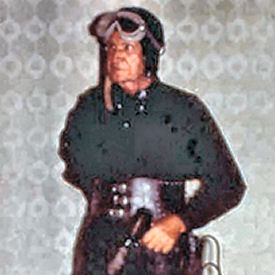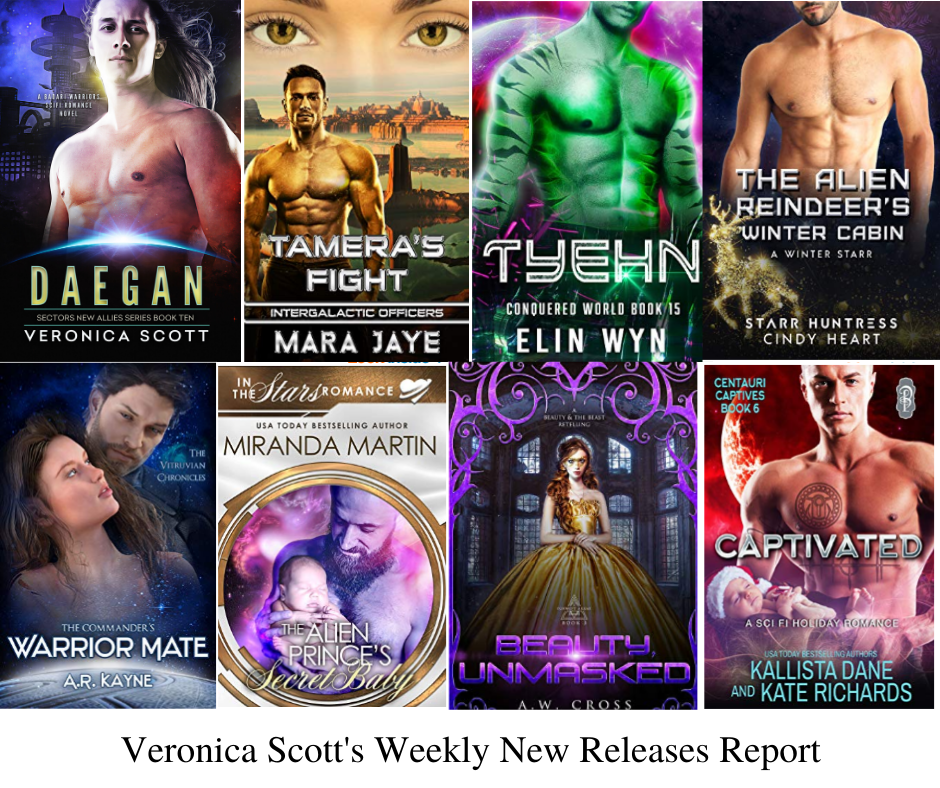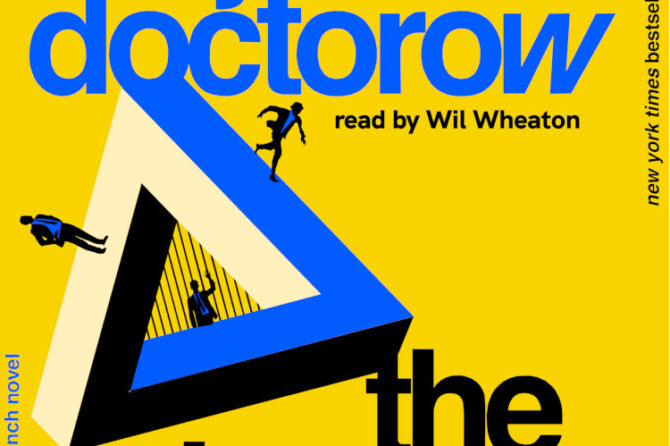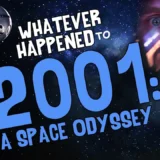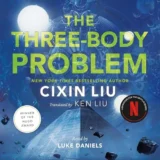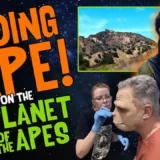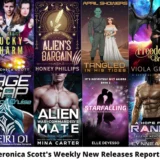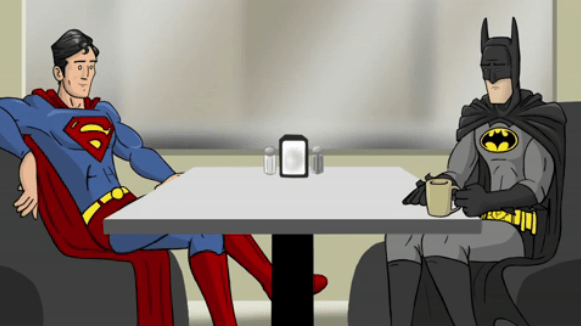
It used to be that if a genre movie didn’t make sense to you on some level, you might just turn to someone afterwards and say “Hold on. Is it just me or was that a bit unconvincing?”
In the pre-internet age, the conversation either took off it it didn’t. Today, however, you would go online to discover whether lots of other people have spotted the same plot hole or false note as you, and perhaps expressed it more wittily and succinctly than you could have.
Thanks to the internet, the nitpickers have come into their own. And while nitpicking can be one of the pleasures of watching a movie, it can also threaten to stifle our enjoyment.
If they gave awards for creative nitpicking, the runaway winner night well be How It Should Have Ended, or HISHE, the YouTube channel whose witty animations identify the faults in just about any major movie with unerring accuracy and send them up. Another contender might be the CinemaSins channel, which literally counts the plot holes, logical flaws and cliches in a host of films.
If those represent the best of nitpicking, the people at the other end would probably be the pedants posting “goofs” on the Internet Movie Database which amuse nobody, achieving little but to make the contributor feel smarter than the director of a $150million blockbuster.

Alfred Hitchcock used to refer to a segment of the audience he called the “plausibles” – those who challenged any perceived inconsistency our implausibility in a film, and whose most common objection to thrillers was “Why didn’t they go to the police?”
Science fiction, fantasy and horror all lay themselves open to challenge from those genres’ own legions of plausibles. It comes with the territory in imaginative fiction.
If you’re setting in a story in a world of your own invention, you have to work out every necessary detail of it – from what atmosphere people breathe to what the local life forms reach for in place of coffee every morning. The writer has to do a lot of work on this stuff before their story gets started.
There’s a fair amount of such work involved if you’re just adding a fantastical element to the real world, too. If you’re inventing a monster that rises out of the Atlantic to destroy the eastern seaboard of the USA, you’d better consider where it comes from, what it feeds on, how it reproduces and why we haven’t seen one before.
The great burden on the genre storyteller is that he or she has to do all this heavy lifting in addition to the things every other writer has to consider, like creating characters whose drives and frailties are plausible and worthy of our interest, and a story that heads in exciting and surprising directions.
But plausibility isn’t everything. Some of my favourite genre works have fairly massive logical holes. And the nitpickers often overlook the fact that a well-narrated story can get away with a lot.
The original Star Wars gives us a galaxy where spaceships move like jet fighters, explosions are heard in space and a battle station big enough to have a flat horizon can travel between star systems faster than light. But the audience is so caught up in the adventure that it doesn’t matter. If we think about these things at all, we accept that this is a universe where different rules apply, as they do in a Tex Avery cartoon.
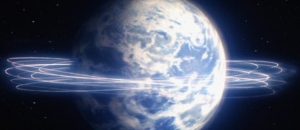
To take another example from the same era, the 1978 film of Superman is a genre classic that leaves itself open to all sorts of logical quibbles. I recently heard a podcast which dissected its story problems with forensic thoroughness. However, the podcasters overlooked everything the film had going for it – its visual spectacle, its performances, its humour, its phenomenally good music and cinematography, and above all its perfectly judged tone. All these things combine to create a film so compelling in its approach and its emotional effect that it overwhelms any logical objections.
If a genre film a creates its own reality successfully enough, it can ask us to judge it by the internal rules of that reality. Audiences are then no more likely to challenge the film’s believability than they are to complain that people in westerns obligingly drop dead from gunshots without emitting any blood, or that car chases in thrillers can take place through city streets without anyone getting mown down.

It’s different – and harder – if you’re making The Martian or 2001: A Space Odyssey, which purport to be scientifically plausible. The brave people behind films like those practically challenge the viewer to find fault. But they inhabit a very different genre and invite judgement by different standards.
The impulse to nitpick has probably helped create fandom as we know it, because it creates endless scope for discussion. But I’m troubled that it seems this has become the dominant way genre films are discussed online.
Joss Whedon and JJ Abrams can deal with it I’m sure. But I worry that some young man or woman, about to put pen to paper to tell an SF or horror story, will find themselves suddenly afraid to set anything down, for fear their work will fail to pass the plausibility tests laid down by people who have never tried creating stories of their own.
To that young man or woman, I’d want to say: Loosen up, go ahead and write. If it’s a good tale, anyone but the coldest pedant will forgive quite a lot.


